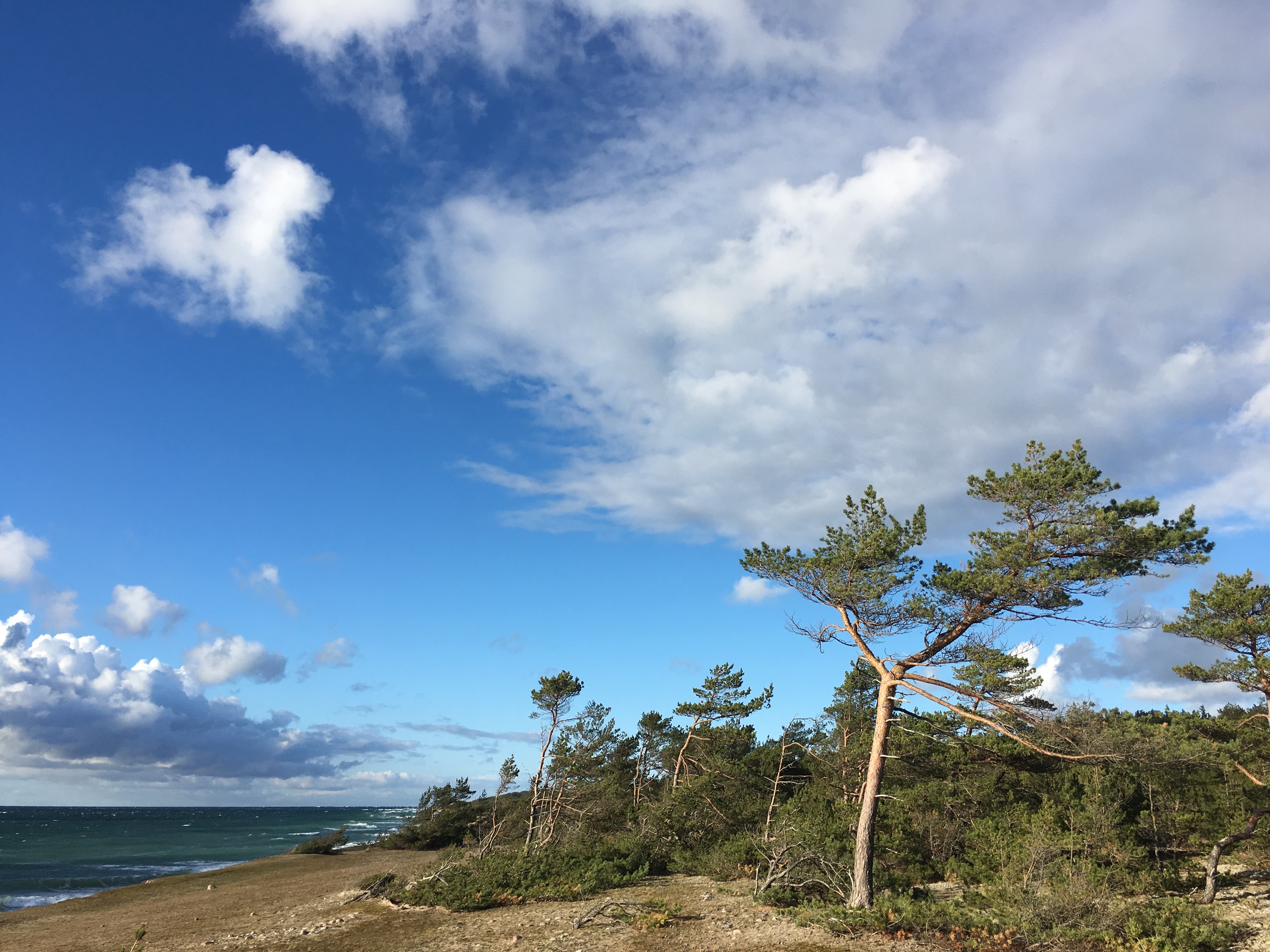The growth of the deciduous tree species beech and oak along the southern Baltic Sea from the German coast to Estonia is mainly determined by summer conditions, especially water supply. And this influence of summer droughts with all their consequences has been increasing over the last 30 years. Even beech, often considered drought-resistant in Germany, is more and more negatively affected by summer drought.
But also changes in winter conditions have impacted the growth of deciduous trees. One possible explanation is the decreasing effect of fine root damage in cold winters in the south of the study area. Growth of pine on the other hand is more influenced by milder winter conditions than by summer drought. This is probably due to the fact that pine, as an evergreen conifer, is able to photosynthesise in warmer winters.
In our forests we generally need to plant those tree species today that can best cope with the climatic conditions of tomorrow and that will continue to provide ecosystem services in the future, such as wood production, carbon storage and biodiversity conservation. These challenges frame the current forestry debate in Germany and beyond. Dr. Jill Harvey, Alexander von Humboldt Fellow at the Institute of Botany and Landscape Ecology, the host research group, led by Prof. Martin Wilmking, and the research group of Prof. Kreyling, used tree rings to contribute to these pressing questions. In particular, they investigated where and to what extent tree growth was influenced by which climatic conditions in the past, whether there were spatial patterns and where the greatest changes occurred.
Led by the University of Greifswald, participating partners of this international study were the Technical University of Munich, University of Göttingen, the Technical University of Dresden, as well as research institutions from Poland, Estonia, Latvia, Lithuania, Sweden and Canada.
Further Information
Original publication:
Harvey, J. E. et al. (2019): 'Tree growth influenced by warming winter climate and summer moisture availability in northern temperate forests' in Global Change Biology. https://onlinelibrary.wiley.com/doi/abs/10.1111/gcb.14966
The photo can be downloaded and used for free for editorial purposes in combination with this press release. You must name the respective author of the photo. Download
Contact at the University of Greifswald
Prof. Martin Wilmking
DendroGreif
Institut für Botanik und Landschaftsökologie
Soldmannstraße 15, 17489 Greifswald
Telefon +49 3834 420 4095
wilmkinguni-greifswaldde

